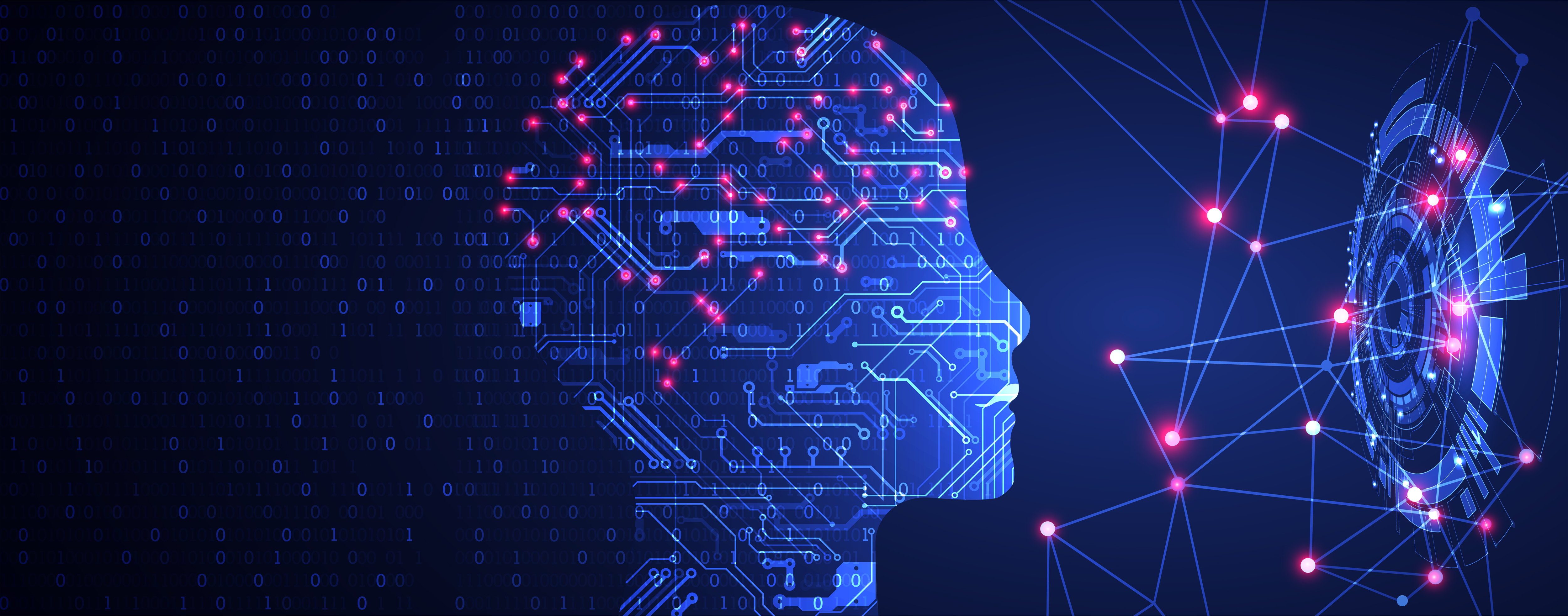Researchers are intensifying the development of AI-driven scientists: High-performance computing AI models that feed on data and scientific principles to revolutionise scientific knowledge discovery.
However, through the fusion of AI and HPC, complex data can be processed, and simulations run at unprecedented speeds. This powerful combination paves the way for the next generation of knowledge discovery models: AI scientists. These AI scientists can distil insights from cluttered data and present them in human-understandable representation. However, more importantly, AI scientists will formulate goal-based hypotheses to achieve unprecedented breakthroughs in diverse research areas, including climate modelling, drug discovery, and materials science.
One example of an AI system that enables autonomous scientific discovery is the AI scientist known as "Adam" or “Eve". Developed by a team of researchers at the University of Manchester and Aberystwyth University, the AI scientist is designed to autonomously generate hypotheses, plan and execute experiments, and interpret the results.
Adam was the first AI scientist to independently discover new scientific knowledge. It focused on understanding the function of specific genes in the yeast Saccharomyces cerevisiae. Eve, its successor, was designed to automate drug discovery by screening potential candidates for diseases like malaria and neglected tropical diseases.
FROM: COMBINING DATA AND THEORY FOR DERIVABLE SCIENTIFIC DISCOVERY WITH AI-DESCARTES
Another example is AI Feynman which discovers a symbolic expression that matches data from an unknown function, and DeepMind’s AlphaFold system, which has significantly advanced protein structure prediction. While not entirely autonomous, AlphaFold can predict protein structures with remarkable accuracy, which has the potential to revolutionise drug discovery and our understanding of various biological processes.
The computational requirements for AI scientists to achieve scientific breakthroughs are tremendous: For instance, AlphaFold relies on a deep learning model with multiple layers and millions of parameters. Training the model involves high-performance GPUs and other specialised hardware, which can take several days or weeks to complete. Once the model is trained, predicting the structure of a single protein using AlphaFold still requires significant computational resources.
Future AI scientists, with the capability to read scientific papers and construct background theories autonomously, will revolutionise the research landscape. They will not only synthesise information from vast amounts of literature but also generate novel insights, opening up new avenues for exploration and expanding the boundaries of human knowledge. By utilising advanced NLP techniques and knowledge representation methods, AI scientists will be able to understand complex scientific concepts, relationships, and methodologies.
Moreover, these AI scientists can validate existing work and reject unsound scientific results by cross-referencing multiple sources, analysing data, and running simulations. This will contribute to a more rigorous and efficient knowledge discovery process, minimising the risk of errors and reducing the time spent on redundant or misguided research. As a result, AI scientists will serve as a powerful tool for optimising the evolution of knowledge discovery, fostering interdisciplinary collaborations, accelerating scientific progress across various domains, and effectively initiating the innovation age.
These developments and the tremendous beneficial impact on society underline the importance of continued investment in HPC infrastructure to foster scientific innovation in this field. With the increasing demand for computational power, the advancement of HPC technologies will be instrumental in shaping the future of scientific research and discovery.
This article was written by Dr. Matthias BRUST, Research Scientist, Interdisciplinary Centre for Security, Reliability and Trust, Université du Luxembourg


